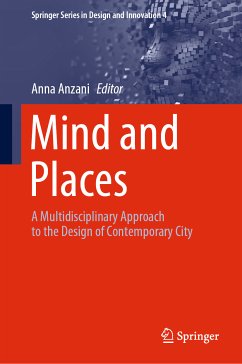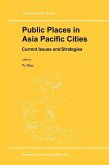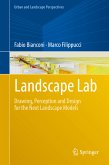This book explores the contributions of psychological, neuroscientific and philosophical perspectives to the design of contemporary cities. Pursuing an innovative and multidisciplinary approach, it addresses the need to re-launch knowledge and creativity as major cultural and institutional bases of human communities. Dwelling is a form of knowledge and re-invention of reality that involves both the tangible dimension of physical places and their mental representation. Findings in the neuroscientific field are increasingly opening stimulating perspectives on the design of spaces, and highlight how our ability to understand other people is strongly related to our corporeity. The first part of the book focuses on the contributions of various disciplines that deal with the spatial dimension, and explores the dovetailing roles that science and art can play from a multidisciplinary perspective. In turn, the second part formulates proposals on how to promote greater integration between the aesthetic and cultural dimension in spatial design. Given its scope, the book will benefit all scholars, academics and practitioners who are involved in the process of planning, designing and building places, and will foster an international exchange of research, case studies, and theoretical reflections to confront the challenges of designing conscious places and enable the development of communities.
Dieser Download kann aus rechtlichen Gründen nur mit Rechnungsadresse in A, B, BG, CY, CZ, D, DK, EW, E, FIN, F, GR, HR, H, IRL, I, LT, L, LR, M, NL, PL, P, R, S, SLO, SK ausgeliefert werden.









